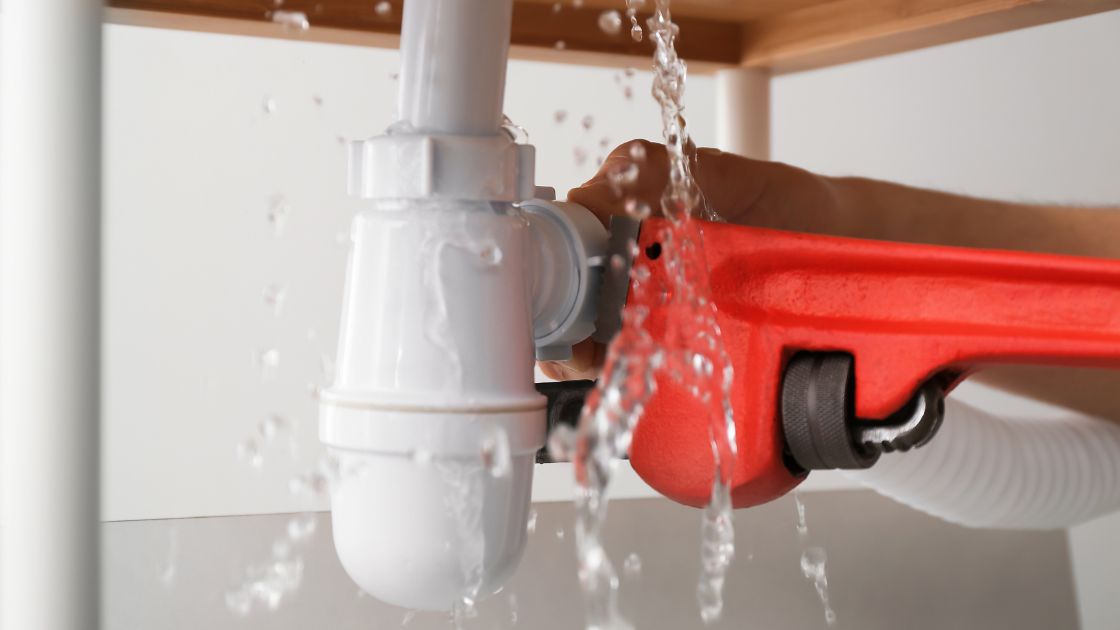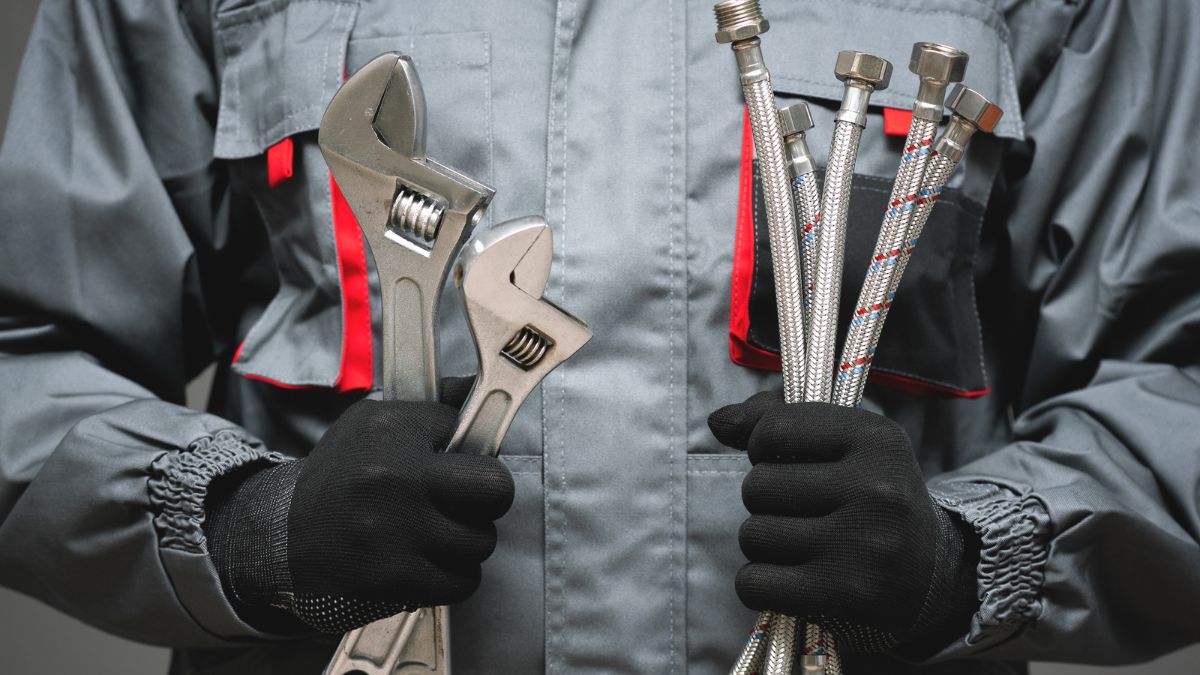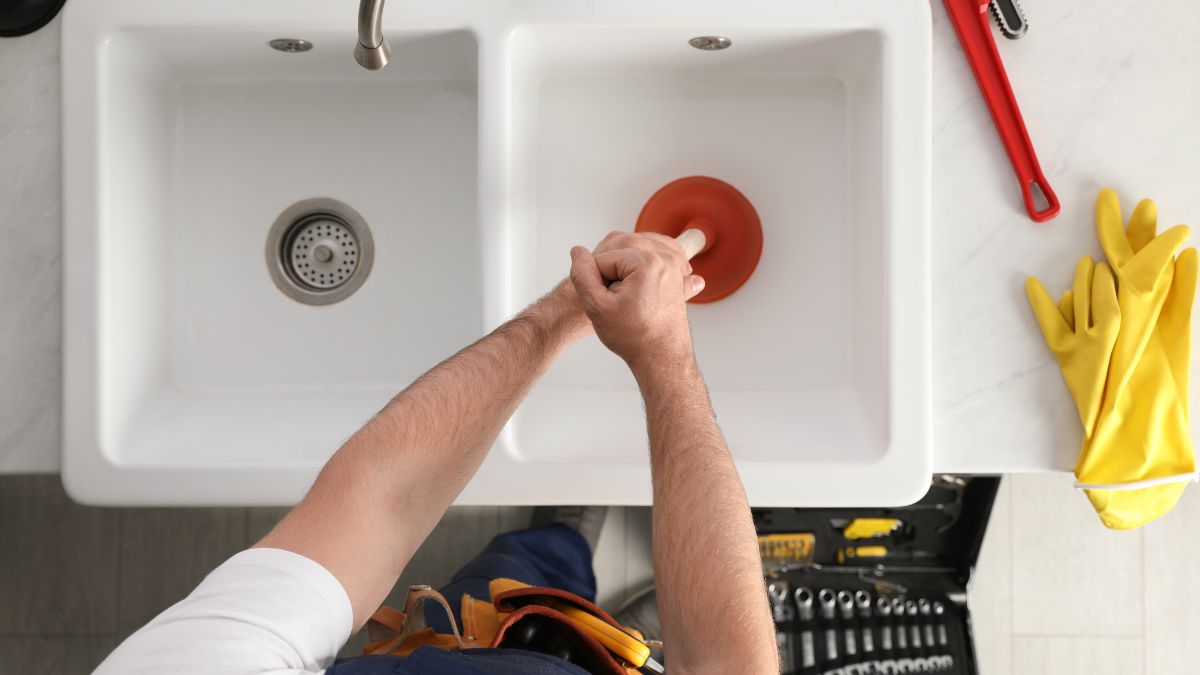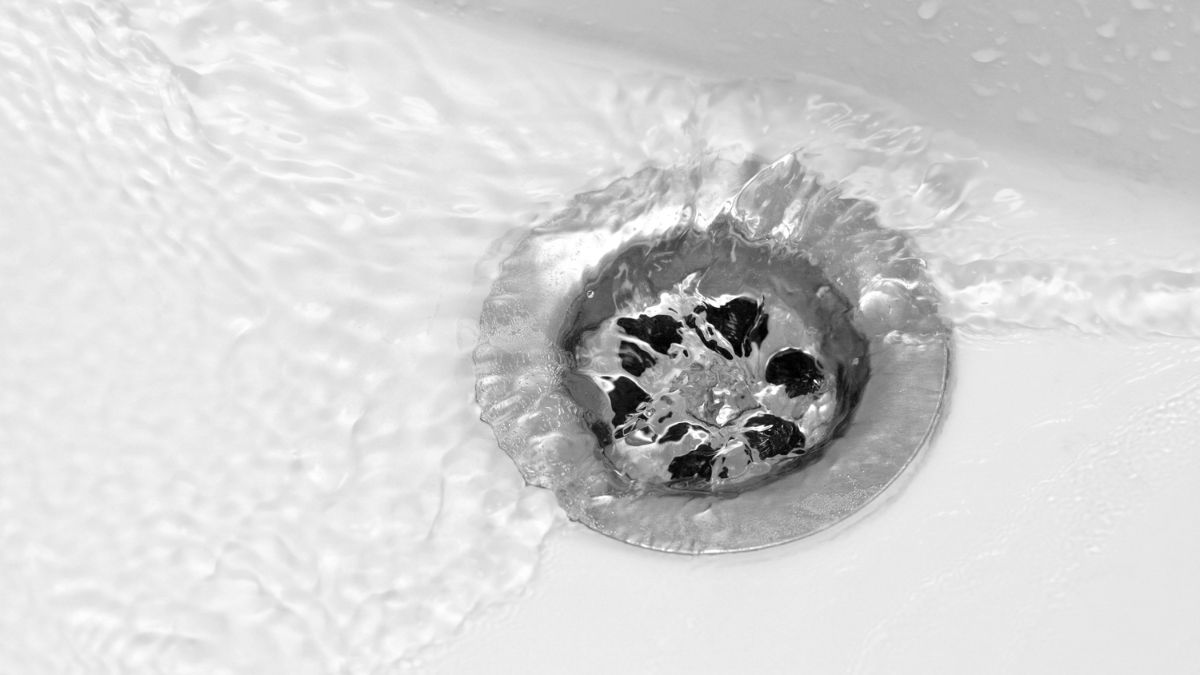Signs You Need to Call a Plumber
Detecting and resolving plumbing issues early is key to avoiding extensive home damage and costly repairs down the line. Certain signs indicate your home plumbing needs attention from a professional plumber. Here are 8 clear warnings not to ignore:
1. Leaks
Persistent dripping or puddles of water signal failing pipes or fittings. Even small leaks can waste over 90 litres of water per month. Catch leaks early before they lead to mould, water damage, and rotting subfloors. Don’t hesitate to call a plumber to identify and fix the source right away.
Related article: How To Fix A Leaking Mixer Tap in 6 Easy Steps
2. Strange Sounds
Unusual gurgling, clanging, or hammering noises coming from your plumbing can indicate trouble ahead. Belching and gurgling suggests drain blockages or venting issues. Loud banging or hammering may be water hammer straining your pipes. Hissing or rumbling can signal serious problems like leaks.
3. High Water Bills
A sudden spike in your water bill without any change in usage on your end is a red flag for an underlying issue. This often means you have a hidden leak or running toilet. A plumber can check for leaks and ensure all fixtures operate efficiently to restore normal water bills.
4. Lack of Hot Water
If you find you consistently run out of hot water too quickly or your showers turn cold unexpectedly, it likely means your hot water heater needs maintenance. Plumbers can adjust heaters to restore normal supply.
5. Slow Drains
Drains that empty slowly allow contaminants to build up. Slow drains are an early warning before complete clogging. A plumber can clear debris, remove blockages, and maintain free flow.
6. Low Water Pressure
Inadequate water pressure makes plumbing fixtures sputter and stall. Clogged pipes, failing pumps, or undersized supply lines may be the issue. Diagnosing and fixing pressure issues can restore normal home operation.
7. Sewer Odours
Catching a whiff of sewage smell in your yard or home means sewer gases are escaping. This signals potential sewer line breaks, burst joints, or cracked vents that need repair. Don’t dismiss sewer odours before they lead to illness.
8. Stains and Damage
Water stains on walls and ceilings, accumulating mould, soggy floors around fixtures, or cracks in foundations can indicate serious unseen plumbing problems. Addressing damage early minimises future deterioration.
When to Call a Professional Plumber vs DIY
Some plumbing repairs like unclogging sinks or replacing faucet washers may be DIY. But issues behind walls, under floors, and within supply lines often require a plumber’s skills. Their diagnostic tools and cameras inspect the full system. Don’t take chances on further damage. Calling early provides long-term solutions.
For professional plumbing assessments and repairs, the licensed team at The Plumbing Life Saver stands ready. Serving Newcastle and surrounding areas 24/7, we’re available when plumbing emergencies strike. Contact us anytime!
Related article: What to do About Water Leakage in Your Walls?



